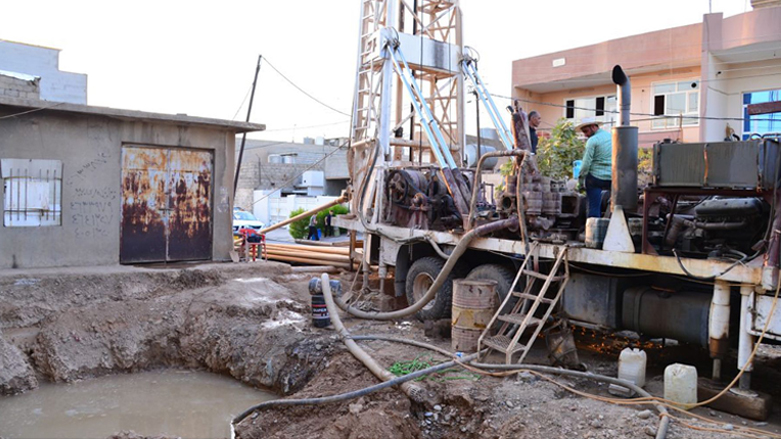KRG allocates budget for potable water in Erbil ahead of summer

ERBIL (Kurdistan 24) – The Kurdistan Regional Government (KRG) has allocated more than seven billion Iraqi dinars (approximately $4.76 million) to help sustain Erbil’s supply of potable water ahead of the summer season, a statement announced on Tuesday.
Prime Minister Masrour Barzani decreed the budget, which aims to increase the province’s potable water supply for households and dig new wells, read a statement from the Erbil Governorate.
The budget intends to resolve the existing issues for the “short term”. The province’s authorities are also studying a long-term plan for these issues.
In recent summers, parts of Erbil faced water shortages due to the depletion of underground wells.
Erbil’s primary drinking water sources are wells and the Great Zab River. Three treatment plants have been installed near that river to purify its water. Authorities are planning to construct a new plant near the Great Zab as part of efforts to combat water scarcity.
Iraq is ranked as the fifth-most susceptible country to the adverse effects of climate change. Already low-precipitation and extreme weather events have surged in the country.
The Iraqi Ministry of Environment recently announced that seven million people are at risk of losing access to water in the coming years.
The KRG loses an estimated 340 million IQD (approximately $230,000) as a result of wasted drinking water each day, according to the Ministry of Municipalities and Tourism. Residents waste vast quantities of potable water by using it to wash their vehicles and doorways. Erbil issued strict measures last year to curb this water waste.
Each month, the KRG produces more than 70 million cubic meters of potable water for its residents, according to an informational video released by the Ministry of Municipalities and Tourism on Monday.
